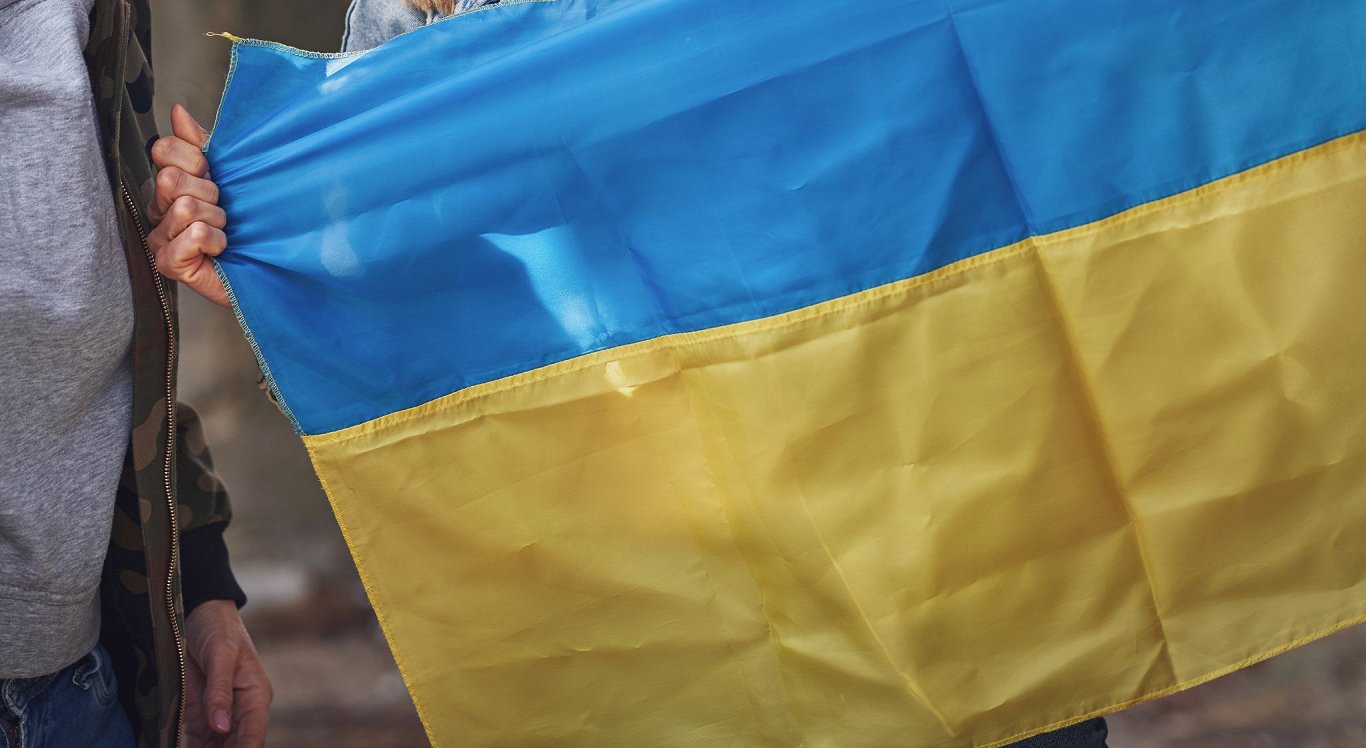In the survey conducted in early August, a total of 76.1% of respondents rated their worries high or very high, while at the end of September this rate was 83%, almost as much as in May.
Women are more likely to feel concern due to the war in Ukraine with 86% of them rating their worry as high or very high, while the figure among men was 80%.
84% of Latvian speakers indicated a high or very high level of concern, while for Russian-speaking the figure is 75%. Meanwhile, moderate concern is felt by 9% of Latvians and 16% of the Russian-speaking population, but low or very low worry is for 7% of Latvians and 9% of the Russian-speaking population.
An analysis of the data by respondents' age concluded that relatively lower levels of excitement are for younger people aged between 18 and 24, at 70%, whereas highest is among the age group 55 to 74 years at 87%.
An increased level of excitement in relation to Russia's hostilities in Ukraine is seen in people with higher education, with 87% of respondents experiencing high or very high worry, while in the population with high school education it is 76%.
The data were obtained in cooperation with Gemius, with more than 1,600 respondents surveyed on September 27 and 28.






























